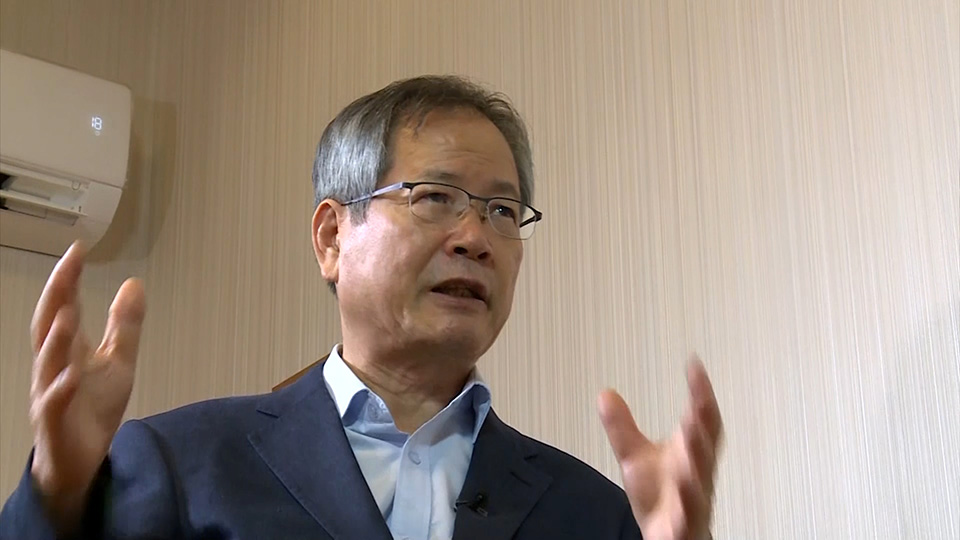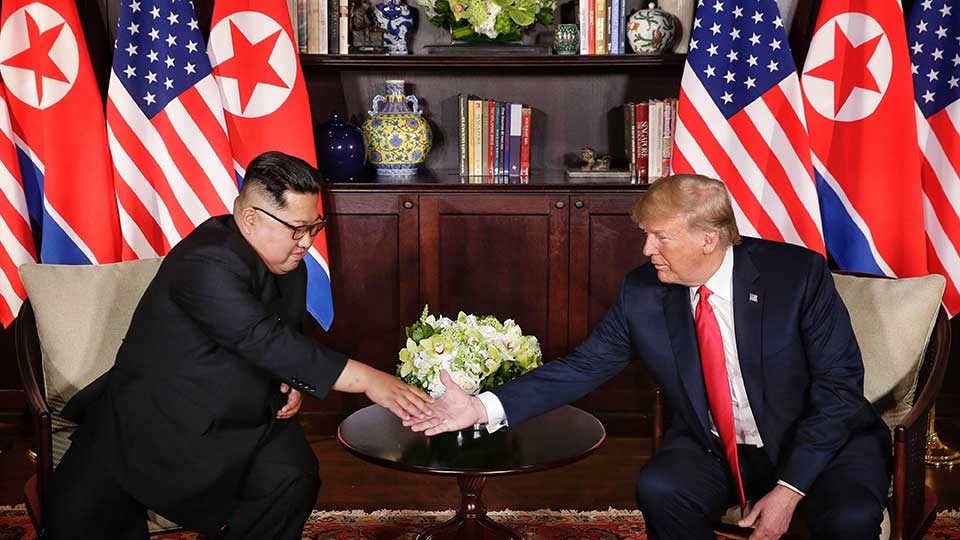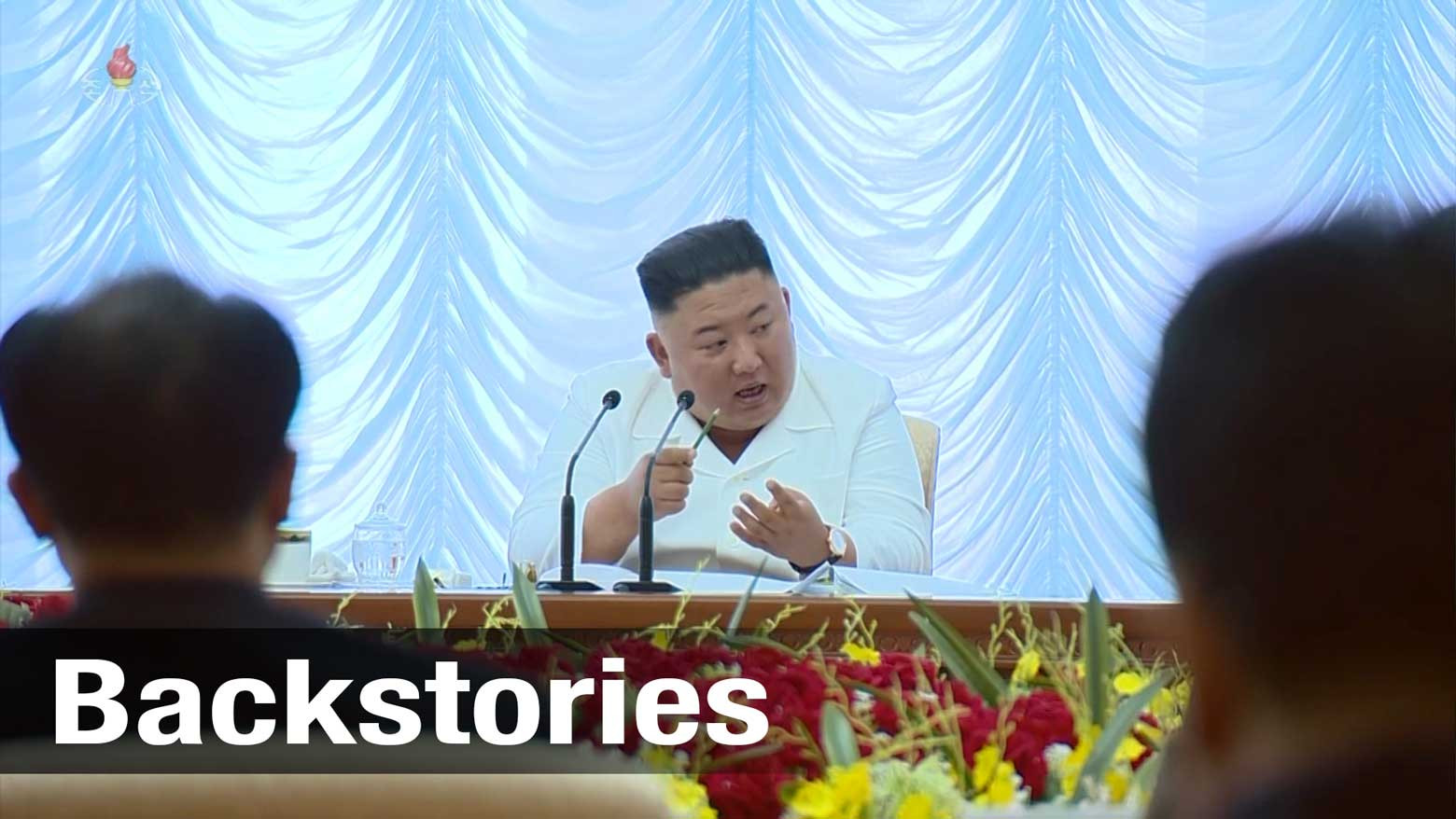Chun Yung-woo served in the South Korean foreign ministry for over three decades and was Seoul’s chief delegate at the six-party talks from 2006 to 2008. He also served as a national security aide to President Lee Myung-bak.

In an interview with NHK World, he said the suspension of military action shows that North Korea never planned to do anything in the first place.
Chun Yung-woo:
“The North mentioned military plans simply to add impact to their threats. If they actually went ahead with what they said, they would lose everything. And that would bring huge humiliation to Kim Jong Un as supreme commander of the Korean People’s Army. They are very smart. They are just talking without doing anything. They are trying to achieve their goals without actually doing anything.
Chun said the recent flareup is a result of the flawed 2018 Panmunjom declaration. In particular, he said South Korea’s promise to ban the distribution of anti-North leaflets provided an excuse for the attack. Pyongyang says it destroyed the liaison office because Seoul was not doing enough to prevent activists from sending balloons carrying leaflets over the border.
He warns that South Korea's decision to take legal action against defectors sending leaflets could give the wrong signals.
Chun Yung-woo:
“If I were in the government, I would have advised against that kind of policy. You lose your leverage toward North Korea, while also compromising the constitutional rights of your people. This isn’t a wise policy and invites further intimidation from the North.

He added that Kim has been emboldened by the failed US-North Korea talks.
Chun Yung-woo:
“The joint statement made in Singapore was in many ways worse than no statement at all. And then what happened in Hanoi? I think it all just strengthened North Korea’s position. The talks made them more dangerous, allowing them to keep nuclear weapons. They now have more weapons and better ones.
Meanwhile, they didn’t commit to anything. All they had to do was agree to a process that works toward the denuclearization of the Korean Peninsula. What that means is, once the US abandons its hostile policy, then they will work towards it, which doesn't mean exactly North Korean denuclearization.
Trump should have walked away from Singapore as soon as the North insisted on such a statement. It looks like it was directed entirely by the North and doesn’t reflect in any way the strategy that Seoul and Washington have followed for the past two decades.”
Chun also gave his view on how he believes negotiations with North Korea can eventually come to fruition.
Chun Yung-woo:
“The most important thing is leverage. If you have what North Korea wants most, you also have the power to affect the outcome of the conflict. And what North Korea wants more than anything is sanctions relief and security guarantees—the things that were stipulated in the joint statement. But if you ease sanctions before they make any meaningful progress in denuclearization, then you lose your leverage. So you have to make sure not to give until you receive.
He also emphasized the importance of the US-South Korea alliance.
Chun Yung-woo:
“If you look at President Moon’s policy so far, I don’t think it has always been useful in terms of strengthening the cause of denuclearization. We have no leverage with North Korea. We can expect to have it when we have power to persuade the US. We need to repair our relations with the US, restore credibility to the alliance, and then we will have leverage against the North.

